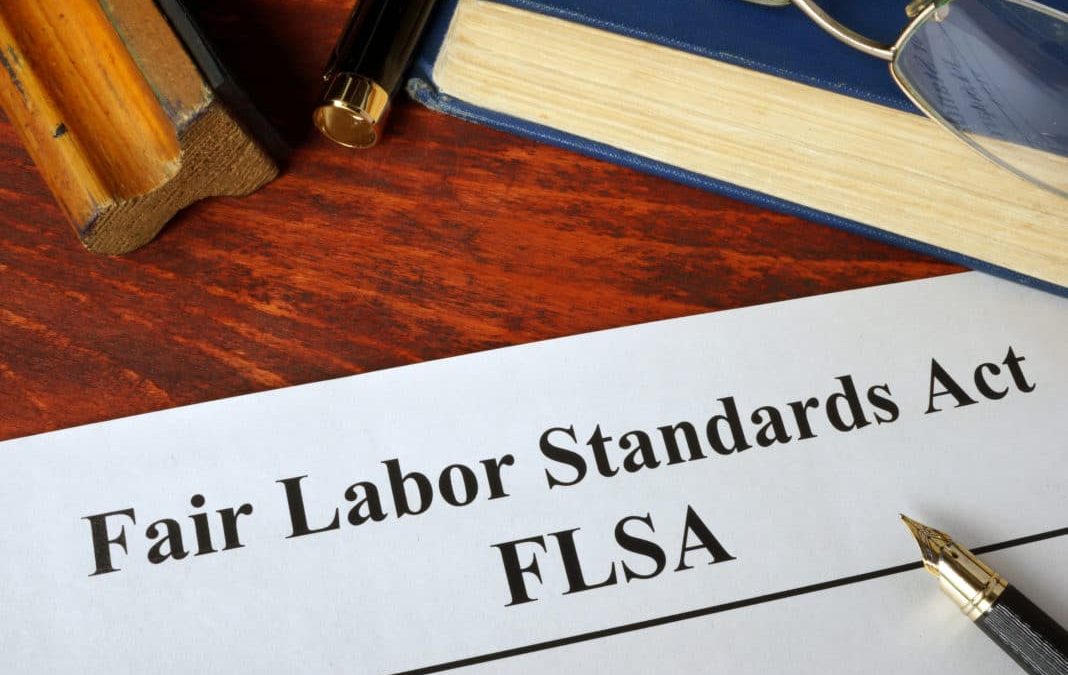Meeting the recordkeeping requirements of the FLSA – which is an extremely important piece of federal law governing employment in the United States – can be tricky if you do not have experience, and even if you do. The FLSA establishes the requirements all employers must meet for “non-exempt” workers. It is vital for employers to take these requirements very seriously, as violations of the FLSA often carry significant penalties. I
In this article, you will learn what you need to know about the recordkeeping requirements of the FLSA directly from an experienced Florida Business Lawyer. If you are an employer or will become one in the near future, then this article is for you.
The Recordkeeping Requirements of the FLSA
The FLSA explicitly establishes both the type of information on non-exempt workers employers must keep and the way they must keep it. For every non-exempt worker, employers must properly maintain the following:
- Personal Information:
- The worker’s full name;
- The worker’s social security number;
- The worker’s current home address and zip code;
- If the worker is younger than 19, his or her birth date;
- The worker’s sex; and
- The worker’s job title.
- Employment Information:
- The day and time the worker’s workweek begins;
- The number of hours worked per day by the worker;
- How the employer calculates wages;
- The worker’s hourly pay rate;
- Total earnings per day or per week, depending on the case;
- Overtime earnings per week;
- Additions to or deductions from the worker’s pay;
- Total wages earned by the worker during each pay period;
- Payment date and the dates covered by each payment;
As mentioned above, the FLSA lays out not only what type of information employers must keep on hand but also the way they must keep it, which is why meeting the recordkeeping requirements of the FLSA is often tricky.
Under the FLSA, for every non-exempt worker, employers must keep the above information for as long as the worker remains on the payroll. For the information regarding the work and pay of employees – such as sales records, purchase records, collective bargaining agreements, and payroll – employers must maintain records for at least 3 years; otherwise, they will violate the FLSA. Similarly, employers must maintain information regarding wage calculations – such as wage rate tables, time cards, time schedules, etc. – for at least 2 years.
In addition, employers must make sure that: 1) all these records are readily available for inspection by the Division of Labor; and 2) all these records are stored either at the location of employment or at a central business office.
When it comes to the method of timekeeping for the hours worked by employees, the FLSA is rather flexible. Employers do not need to follow any particular method. They are free to use a time clock or have a designated timekeeper who gathers data regarding hours worked by employees. They may even choose to let employees independently keep track of their own time. The method does not matter as long as the records are accurate and complete.
Meeting the Recordkeeping Requirements of the FLSA is Not Easy… Unless You Work with Experts
The recordkeeping requirements of the FLSA are difficult to meet; however, it gets a lot when you work with an experienced Business Lawyer. If you are worried about the FLSA, I can remove that source of stress from your mind.
Give me a call today at (305) 921-0976 or email me at [email protected] to schedule a consultation.





